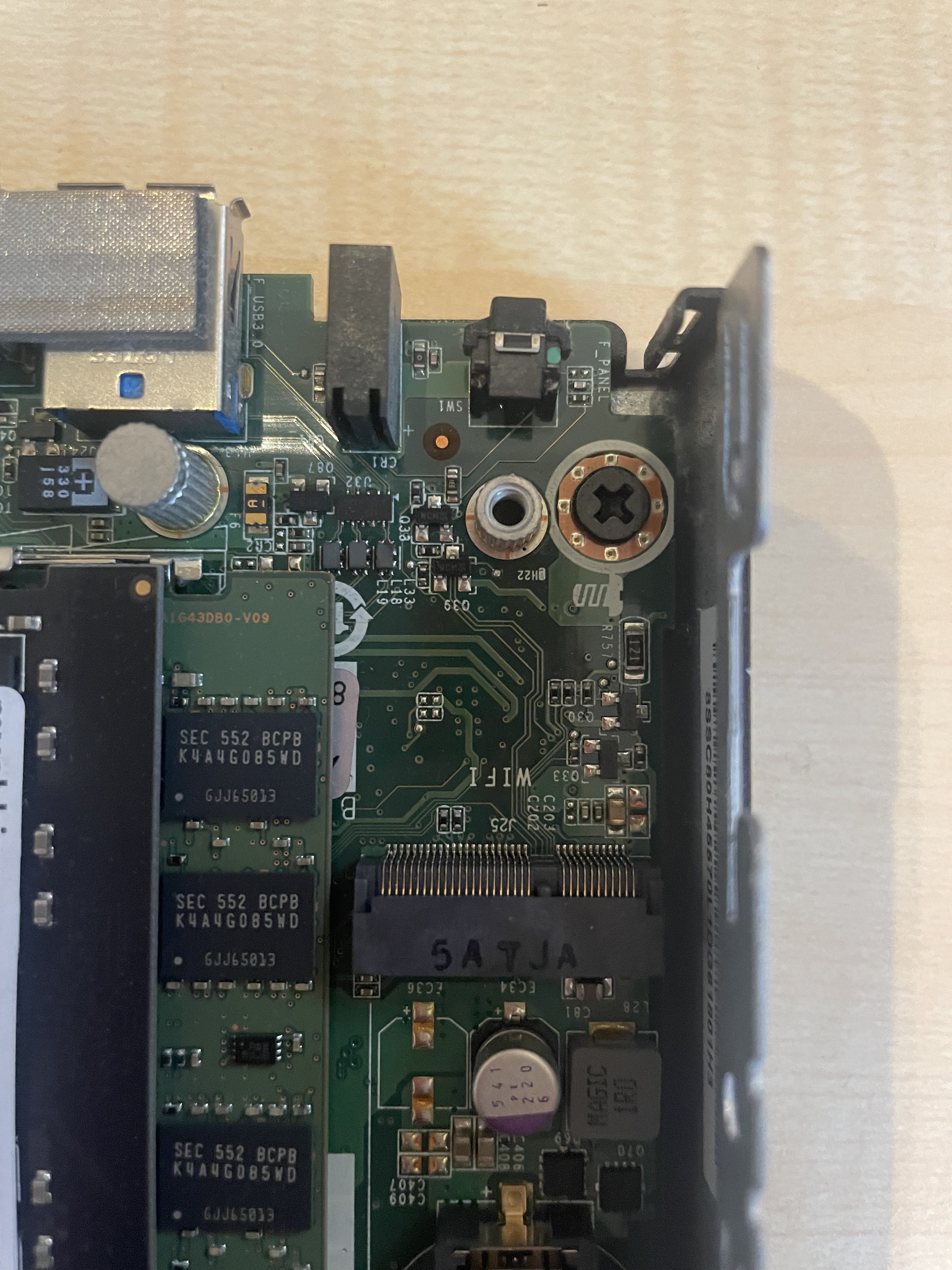Ask Lemmy
A Fediverse community for open-ended, thought provoking questions
Please don't post about US Politics. If you need to do this, try [email protected]
Rules: (interactive)
1) Be nice and; have fun
Doxxing, trolling, sealioning, racism, and toxicity are not welcomed in AskLemmy. Remember what your mother said: if you can't say something nice, don't say anything at all. In addition, the site-wide Lemmy.world terms of service also apply here. Please familiarize yourself with them
2) All posts must end with a '?'
This is sort of like Jeopardy. Please phrase all post titles in the form of a proper question ending with ?
3) No spam
Please do not flood the community with nonsense. Actual suspected spammers will be banned on site. No astroturfing.
4) NSFW is okay, within reason
Just remember to tag posts with either a content warning or a [NSFW] tag. Overtly sexual posts are not allowed, please direct them to either [email protected] or [email protected].
NSFW comments should be restricted to posts tagged [NSFW].
5) This is not a support community.
It is not a place for 'how do I?', type questions.
If you have any questions regarding the site itself or would like to report a community, please direct them to Lemmy.world Support or email [email protected]. For other questions check our partnered communities list, or use the search function.
Reminder: The terms of service apply here too.
Partnered Communities:
Logo design credit goes to: tubbadu
view the rest of the comments


Oh thanks, I didn’t know that. I thought it was an all purpose PCIe connector. Is there any way to find out whether it supports SSD storage? Is that way the dmidecode from my other comment (and basically saying that it doesn’t support storage?)
The most reliable way I know is to seek documentation for the board. It's up there with PCI lanes in that the board designer will know what has been configured to work with that physical connector. This kind of info is definitely part of your motherboard documentation.
I'm not familiar with
dmidecodeso unfortunately I cannot comment on that.Scroll down a bit in this article. There's a list of what each of the available keys are required to provide. A "key" in this context is basically a notch in a certain location, which then defines the meaning of the various pins of the connector. Some devices have multiple keys, as some of the specifications have a common subset. Like key A+E is common, because E provides almost everything that A does, so a device that only requires the common interfaces can work in both. Cars that rely on one of the exclusive interfaces will have the specific key of course. This A+E communication is often used for WiFi cards.
Sockets always only have one key though, for obvious reasons.
Edit: correction/clarification
Have a look at the notch in the slot. SSDs will have either M key, B+M key, or very rarely just B key.
WiFi modules are A, E, or A+E